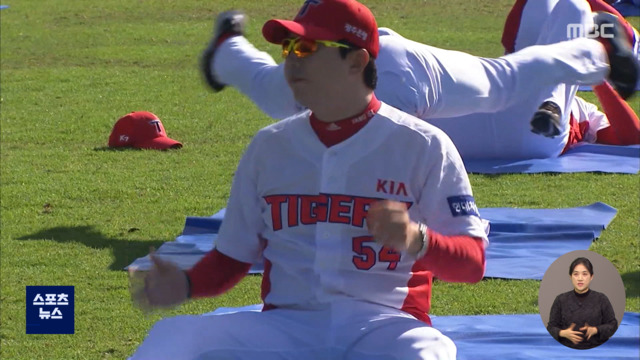A team of doctors and researchers from the Grenoble-Alpes University Hospital has just launched a clinical study on the impact of hydrogen on the coronavirus. They call on volunteers. They need 450 volunteers, over 60, with early Covid infection, who can stay at home
–
While the very first clinical trials have already started, Jean-Luc Bosson, Professor of Public Health at Grenoble Alpes University is enthusiastic: “Here are the bubbles of hope ” he comments, watching the effervescent tablet that he just slipped into a globule dissolve:
” the idea is simple “ he continues, “it is about offering hydrogen in the simplest form possible, in tablet form, so that it can quickly dissolve in the body” and to walk the talk by swallowing the water from the cup, saturated with hydrogen“there is no risk, the molecule is small, it diffuses quickly in the organism, in the blood and the pulmonary filter. It is able to capture reactive oxygen species, species which trigger inflammatory mechanisms.
But the professor wants to clarify : “Be careful, it does not attack the virus directly, it allows the body to fight and react better”.
Hydrogen, which does not cause side effects, is also valuable in the field of sports recovery.
This is the reason that sheds light on the profile of the volunteers sought for this clinical experiment: the targeted patients “must be over 60 years old, have the onset of a Covid-19 infection, but be able to stay at home.”
The team intends and hopes “to demonstrate the effectiveness of hydrogen in preventing the inflammatory runaway and respiratory problems that occur after the onset of symptoms and often result in hospitalization with heavy care”.
Hydrogen, which does not cause side effects, is also valuable in the field of sports recovery. The Chinese have already used it, inhaled against the Covid.
Home monitoring, by teleconsulation
The volunteers will be offered a course of twenty-one days. They should drink 250 ml of hydrogen-enriched water every day. “They will be monitored by teleconsultation, and they will be taught to monitor themselves with a device that measures oxygen saturation.“specifies Dr. Yoann Gaboreau, general practitioner and principal investigator of this study.
Follow-up will be continued at 3 months, 6 months and 12 months. half of the patients will be treated with the molecule, while the other will receive a placebo.
To participate in the study, you must reside in Drôme, Isère, Savoie or Côte-d’Or. All information is to be found on the site of researchers and doctors.
–


